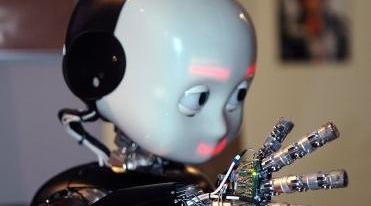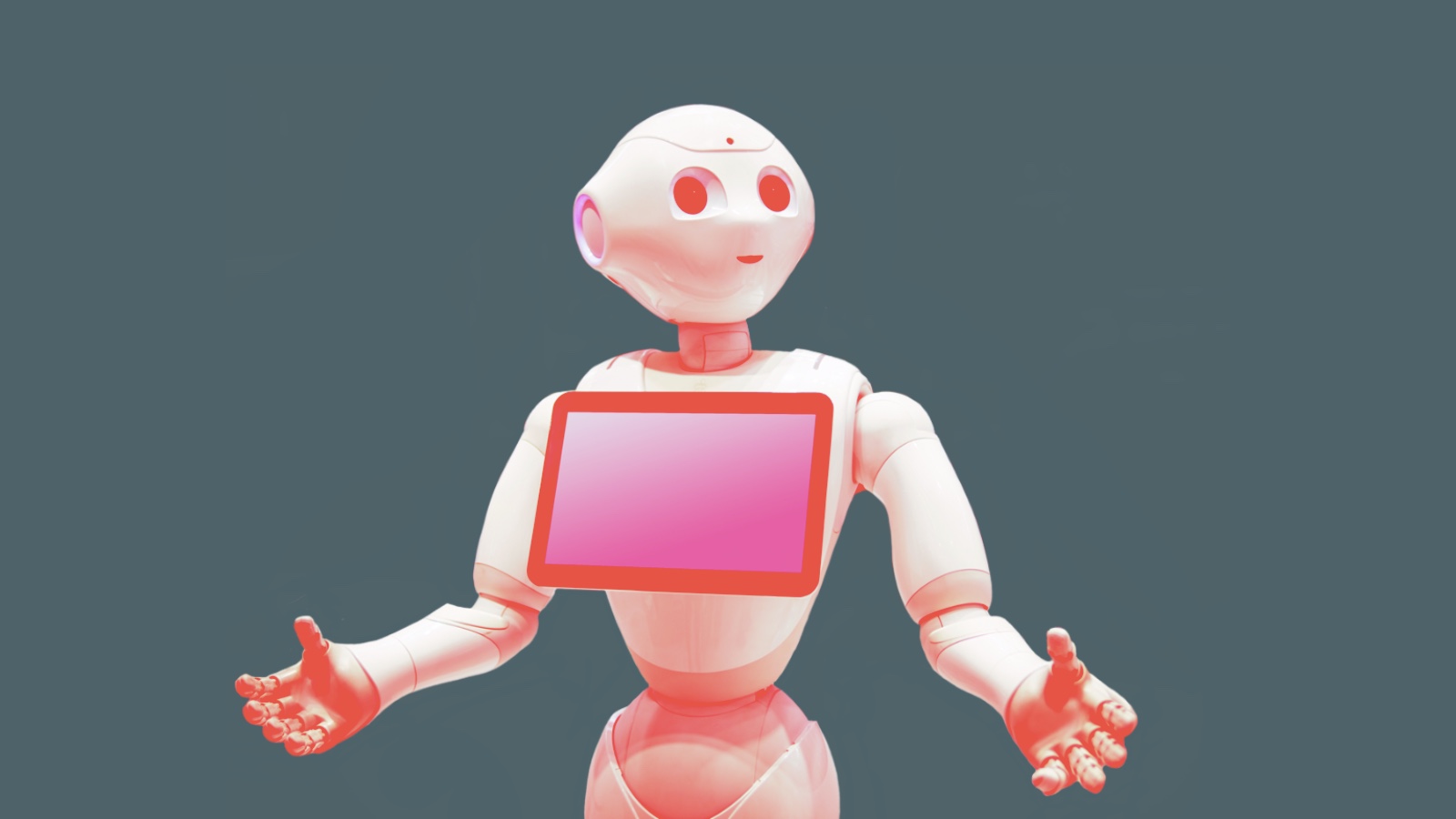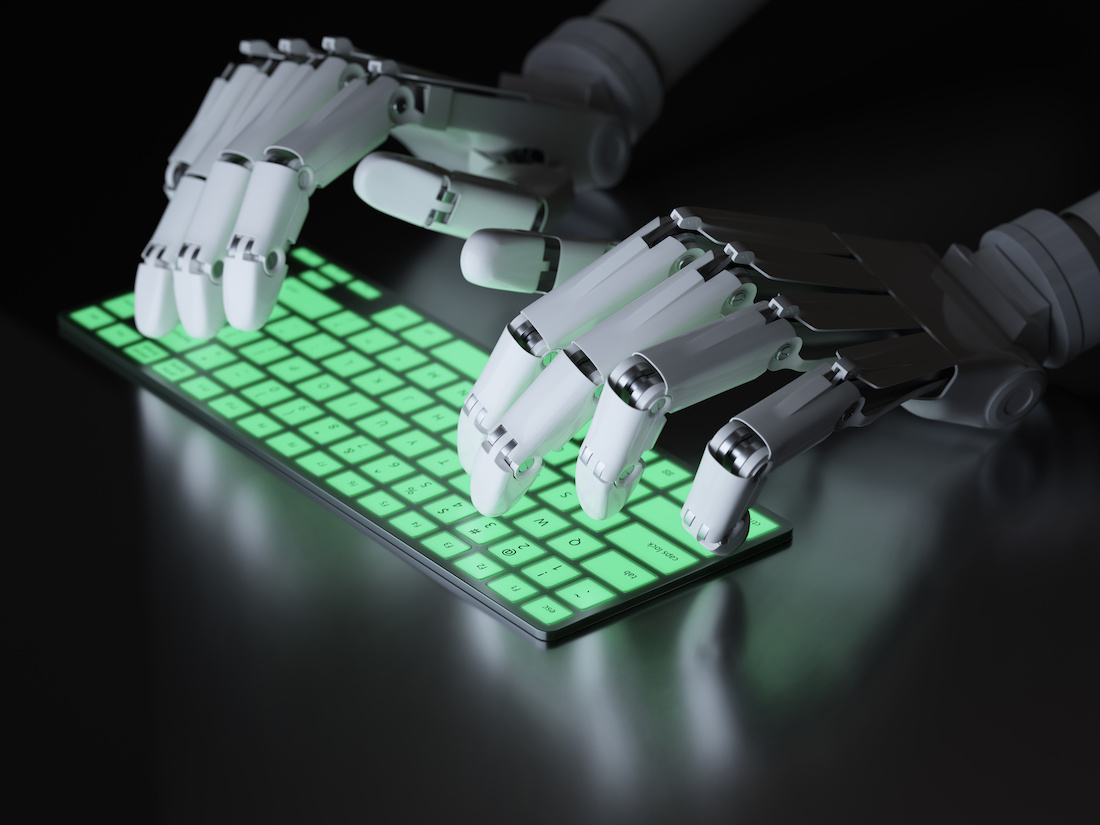New Humanoid Robot Learns Language Like an Infant

What’s the Latest Development?
Researchers at the University of Hertfordshire, England, have created a robot that, like a small child, can learn words through human interaction. Named DeeChee, the iCub robot is meant to function like an infant between six and fourteen months, which can begin discriminating between words and phrases. DeeChee’s teachers were chosen from a group of volunteers who were varied “in age, occupation, gender, experience with children and familiarity with computers, to talk to DeeChee exactly how they would if they wanted to teach a real child the words for colors and patterns.”
What’s the Big Idea?
To date, the most impressive artificially intelligent computers have drawn their abilities from sheer computing power. Machines like Deep Blue, which defeated chess master Garry Kasparov, and IBM’s Watson, which proved the best contestant ever on Jeopardy!, were able to make calculations faster than humans. But learning a language is different, and because it does not rely on pure computational power, it has long been the Holy Grail of AI. Achieving a robot that thinks like a child would be an important step in machine intelligence because it would allow more fluid learning, the kind that allow children to develop into adults.
Photo credit: Wikimedia Commons





